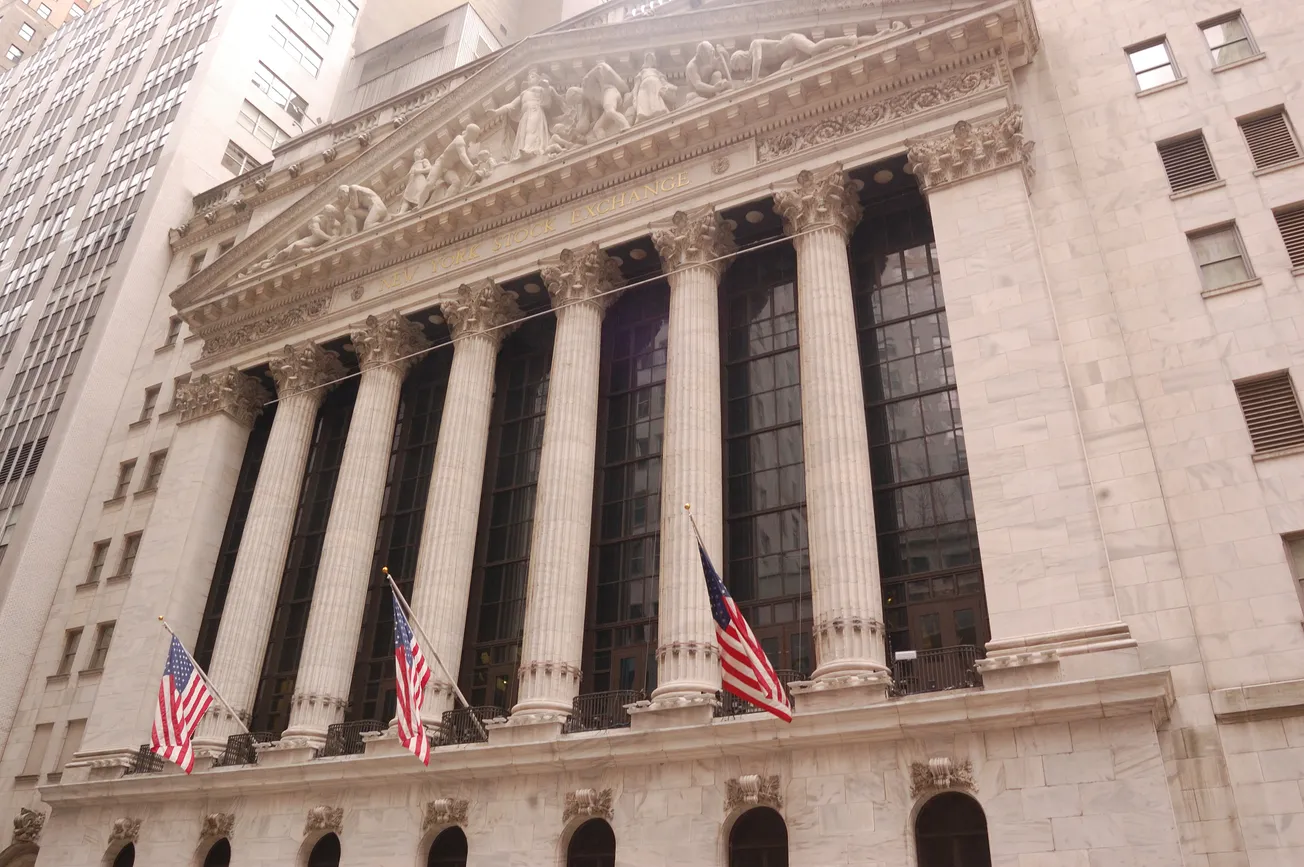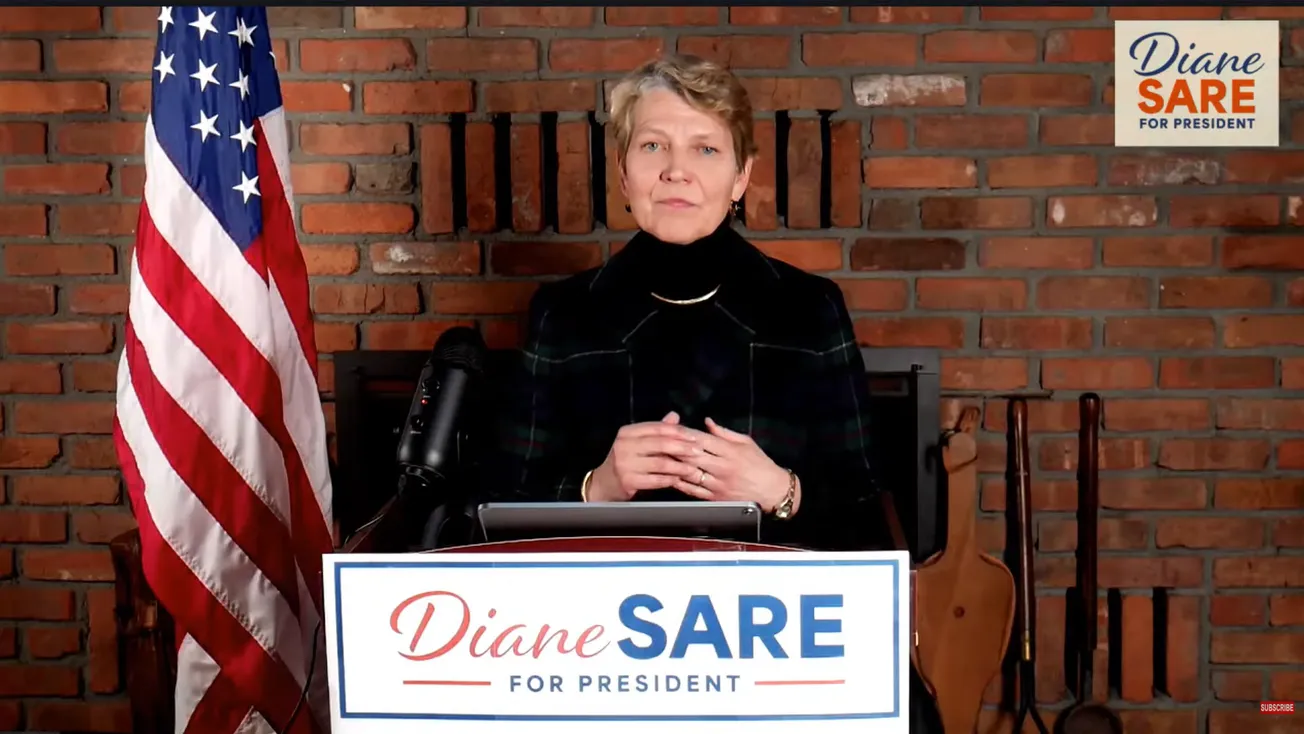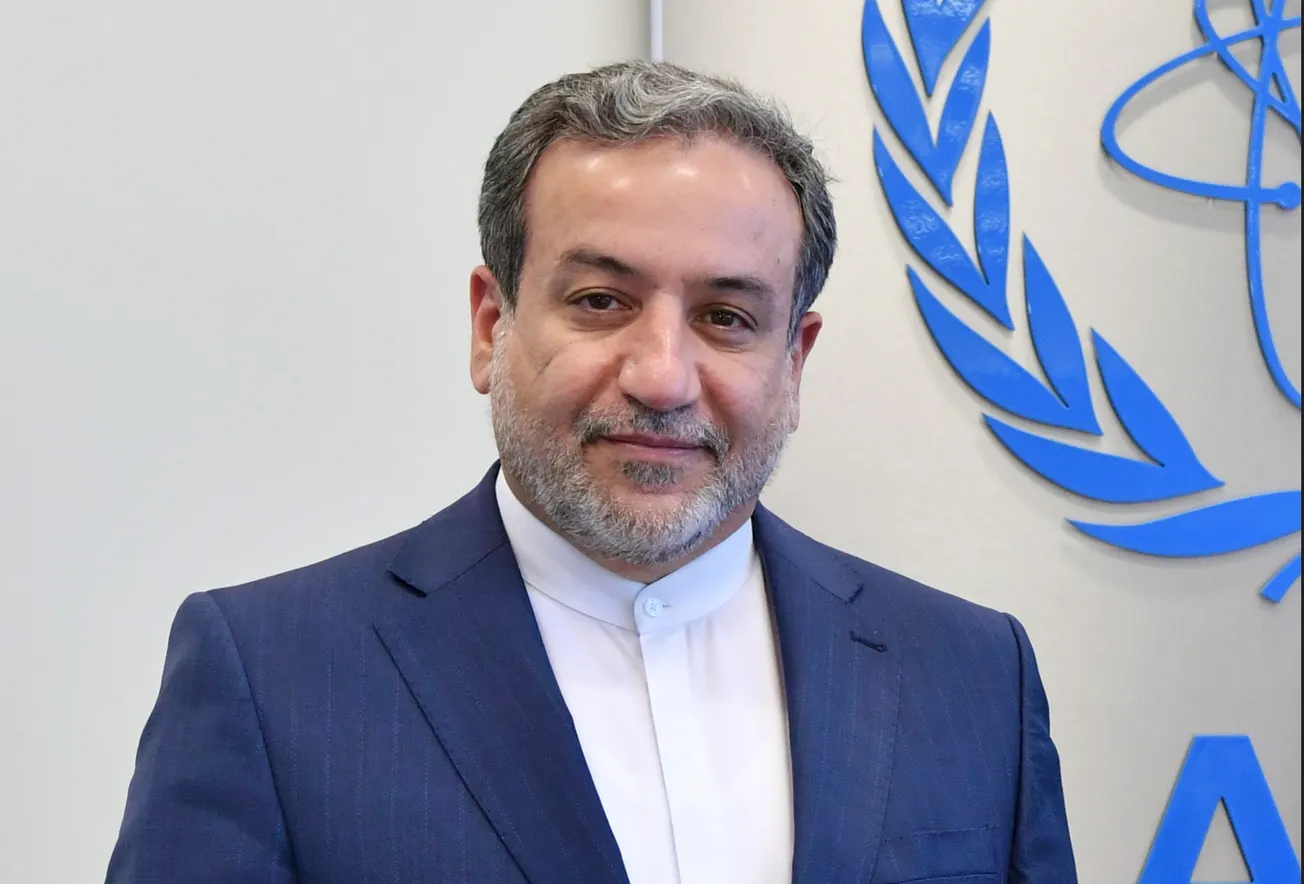The Western financial system is now teetering at the edge of a general, systemic blowout which is about to usher in a new global Great Depression, far worse than that of the 1930s. The skids are being greased by the predatory trade war which the gullible Trump Administration has unleashed against the whole world—but especially China—on the advice of Harvard-trained quacks and hedge fund managers like Stephen Miran.
President Trump seems to intend to free the world financial system from the speculative aspects of globalization, which would be a legitimate effort. But the interpretation that the whole world looted the U.S. puts the whole story upside down. It was the neoliberal financial system of Wall Street and the City of London, which developed after President Nixon took down the Bretton Woods System and introduced floating exchange rates in 1971, that created a mechanism to loot productive capacities in all countries, including the U.S. The present efforts by the countries of the Global South to set up an economic system which would allow their own economic development is a revolt against the conditionality policy of the IMF and the World Bank.
President Trump is right: The U.S. has been robbed, but so have the countries of the Global South—as well as other countries around the world. Therefore, we are all sitting in one boat, and the effort to correct the mistakes of the system must be a cooperative one.
Wall Street and the City of London have drooled their way to creating a $2 quadrillion speculative bubble which cannot conceivably be paid, no matter how many wars they launch and how much they slash countries’ budgets. They have destroyed the productive economies of Europe and the United States, packaged as post-industrial gobbledygook. They have looted the nations of the Global South through debt servitude and related colonial policies.
To make matters even worse, they have introduced their speculative cancer into the U.S. Treasury bond market itself, undermining the very bedrock of the post-war trans-Atlantic financial system. And they are proposing to postpone the day of reckoning of their inevitable bankruptcy by pumping the system full of worthless cryptocurrency and so-called “stablecoins,” while also demanding that the Fed go back to the policy of lending endless zero-interest money (Quantitative Easing)—only this time on steroids.
But you can’t simply propose to bring all of that crashing down, through a modern variant of the Trilateral Commission and Paul Volcker’s “controlled disintegration,” or Schumpeter’s “creative destruction,” as many of Trump’s advisers insist.
With what are you going to replace the current hopelessly bankrupt system?
Schiller Institute founder Helga Zepp-LaRouche has answered that question directly, by insisting on the need to establish a new paradigm, a new global security and development architecture, which must take into account the interest of every nation on the planet, based on the proven principles of her late husband and renowned economist Lyndon LaRouche, starting with the central concept that Man is not a beast. President Trump should follow his initial healthy instincts and consult in depth with Russian President Vladimir Putin and Chinese President Xi Jinping, and jointly convene an international conference among the nations of the world to establish a New Bretton Woods System. Such a gathering would deliberate on the underlying principles, as well as the specific policies, to be adopted for a new international security and development architecture that will address the interests of each and every nation. Where there are difficulties and disagreements, these will be worked out according to the Westphalian (Judeo-Christian) principle of the “general welfare” of all—not by aggressive pronouncements and threats against others that, in any event, don’t even address the underlying cause of the crisis.
Decades ago, Lyndon LaRouche specified the policies needed to “lick the depression in a single day,” policies restated in his 2014 “The Four New Laws To Save the U.S.A. Now! Not An Option: An Immediate Necessity”
1) The $2 quadrillion speculative cancer has got to go—Wall Street and the City of London are going to have to take the hit. The original Glass-Steagall Act of 1933 should be reenacted, splitting the banking system into two: on the one hand, the commercial banks that engage in productive lending (and that, therefore, get the full backing of the FDIC and the government in general); and on the other, so-called “investment banking,” i.e., wild speculation, which will be rolled up, frozen, and given no government backing. No more bailouts of the cancer. This will also do wonders for balancing the federal budget.
2) The productive sector of the economy—which since 1971 has collapsed as fast as the speculative bubble has grown, as is indicated in LaRouche’s famous Triple Curve graphic—must be revitalized with a new source of productive credit to finance the great infrastructure projects and reindustrialization needed. This includes reconverting the Military Industrial-Financial Complex to useful production, which today is a net drain on the productive economy.
One viable way to create such productive credit flows, the way Alexander Hamilton did with the Bank of the United States, would be to nationalize the Federal Reserve, rather than using it to bail out the bankrupt banks to the tune of tens of trillions of dollars. This could begin with the creation of a National Bank for Infrastructure in the New York Fed, to begin with power, water and other infrastructure projects for the United States, and international loans to development projects. The bank would be capitalized initially by trade-ins of Treasury debt for equity in the Bank.
3) Reach treaty agreements with similarly inclined nations, to reestablish a fixed-exchange rate international financial system, like we had before 1971, that will provide a favorable, predictable framework for global infrastructure and other investment projects. There is every reason for the United States to join with China’s Belt and Road Initiative and cooperate with the nations of the BRICS—which now represent well over half of humanity—in this global development endeavor.
If the United States returns to such a policy, the Global South will no longer feel the desperate need to de-dollarize and otherwise distance itself from the sinking financial Titanic that is Wall Street and the City of London. They will happily embrace American offers to cooperate on such projects.
4) The future of humanity requires an unending emphasis on science and technology, especially in the frontier areas of fusion power and space exploration. These are the perfect areas for the U.S., China, Russia, India and the BRICS to cooperate for the benefit of all. Such a fostering of the creative human spirit is the source of all true economic value.
Lyndon LaRouche took up this issue of principle in his book-length study, “On the Subject of Tariffs and Trade,” which was published by EIR magazine in its February 13, 2004 issue. LaRouche there explained:






